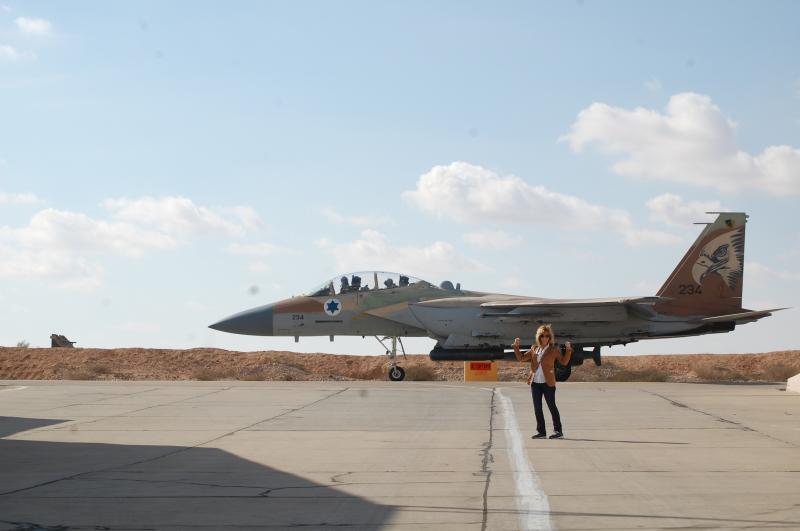South Beach Wine And Food Festival Beginnings
This post originally appeared on Forbes.com.
If you’ve ever done sales before you know how important customer service is. At the heart of any sale, there is mostly always good old fashion communication and relationship building. That is why I find it fascinating to look at how some of the best people in the hospitality business do what they do and how they think about all facets of an experience or of a relationship.
Take Lee Schrager as an example.
Fourteen years ago, Lee attended the food and wine classic to represent his company, Southern Wine and Spirits. After a wonderful experience, he decided to try to create an event that benefited his brands in a place that he felt would be more conducive to a larger and more influential group of people. He realized that to win people over he would need warm weather and a closer location to NYC.
Shortly thereafter the South Beach Wine & Food Festival was born.

Today, more than 60,000 people attend the events, and Lee is able to attract big names like John Legend, Chrissy Teigen and others.
I was able to chat with Lee to learn about three things that he felt contributed to the successful execution of this event. Here is what he said:
Leverage your unfair advantage. Lee was very quick to admit that part of his success with the event stems from the fact that he works for a large and successful organization, Southern Wine and Spirits. Having the resources of a large organization gives him a tremendous platform to get things in place however, this is just a part of the puzzle.
Engage with tastemaker and influential folks. In the first year of the event, Lee had no track record to speak of when it came to producing such large-scale events. So he reached out to his network and engaged with friends who become early adopters which in his case, were people like Emeril Lagasse, Rachel Ray, Bobby Flay and Giada DeLaurentiis, all highly respectful folks in the food industry. Couple this with the amplification of social media and the popular shows on the Food Network, and building an engaging audience was not too difficult for Lee.
Create great products, programing and listen to your customers. Lee and his team are very conscientious of different demographics, price points and customer feedback. As a result, they recently revamped the festival’s signature event – the Grand Tasting Village – to offer a brand new layout and timing based on festival goer feedback. They also added more late night events with cocktail themes, instead of only adding more of their traditional daytime events, and intimate dinners with chefs ranging from international superstars to local culinary talents.
Lastly, everything Lee does is done with a mission in mind and in this case, it’s charity. To date, Lee and his festival have raised over $20 million for the Chaplin School of Hospitality & Tourism Management at Florida International University. The New York City Wine & Food Festival is hosted by and benefits the Food Bank For New York City and Share Our Strength’s No Kid Hungry campaign and 100% of the Festival’s net proceeds go toward helping these community based organizations fight hunger.
That’s not a bad mission to have, and with right skills and groundwork, it’s easy to see how an event like this can become and remain a success.
Nice job, Lee.

